Legionnaires' Disease is Not Spread From Person to Person
Updated: Nov 16, 2018
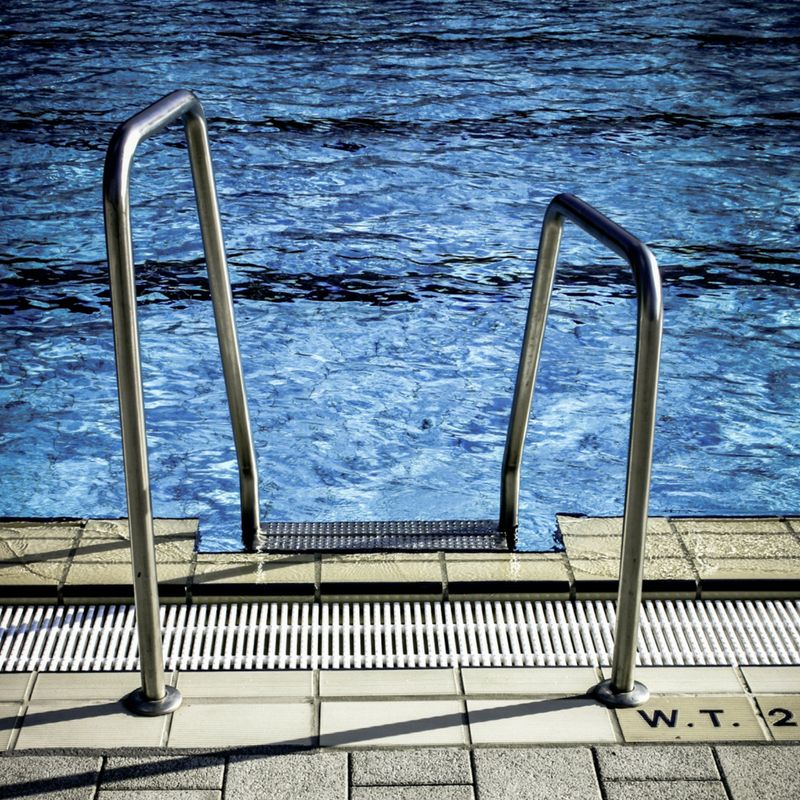
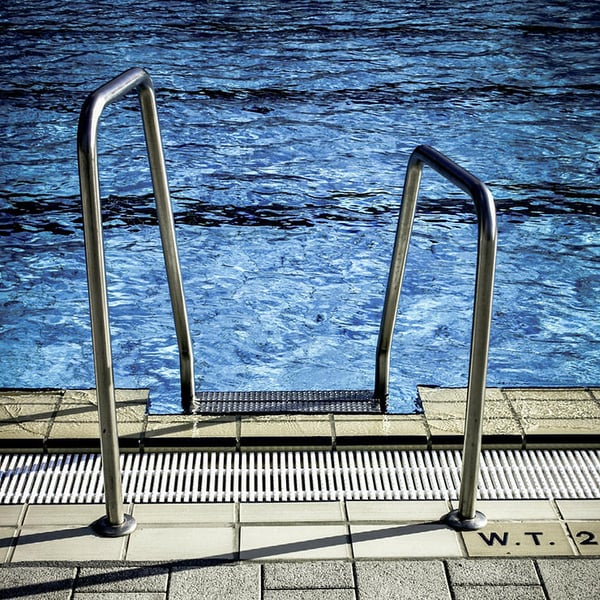
Legionella bacteria become more common during warm weather. Temperatures between 90 and 105 degrees are ideal for the bacteria to grow.
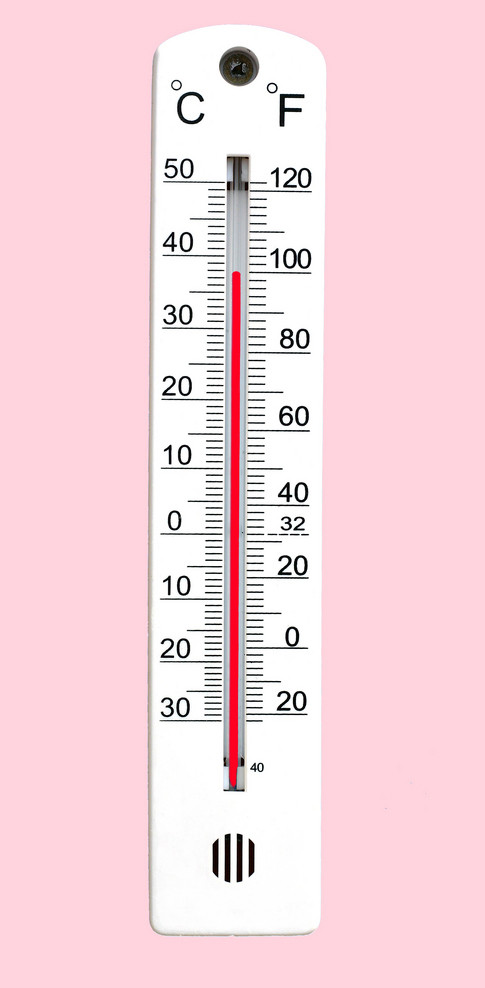
According to the CDC, swimmers are at risk for respiratory infections if they breathe in steam or mist from a pool or hot tub that contains harmful germs. Legionella bacteria are naturally found in water, especially warm water. Hot tubs (or spas) that are not cleaned and disinfected enough can become contaminated with Legionella.
Users of the pools and tubs should also take extra caution and be vigilant when swimming. Because legionella bacteria is not visible to the naked eye, it is almost impossible to tell if a body of water is contaminated with the bacteria.
Here are some practical tips and advice for keeping your families safe during swimming season.
• Before going to a pool, check the pool’s inspections online or on-site, and make sure it gets good scores. Public pools are usually inspected by the local health department (backyard pools are not), and many local and state health departments provide online access to the inspection reports. Another good question to ask at the pool is whether there is a certified pool and spa operator on staff.
• You can check water quality yourself by purchasing pool test strips at the hardware store that check the water’s levels of chlorine, another sanitizer called bromine and the pH level. Amazon has these test strips that receive excellent customer reviews: Poolmaster Smart Test Strips.
• Don’t swallow the water and take children on hourly bathroom breaks. If you’ve got a baby or toddler, change diapers often in a spot that’s far away from the pool.
• Shower for at least a minute before you get in the pool, and if you’ve had diarrhea, don’t swim for at least two weeks.
• Make sure you can see the drain at the deep end of the pool and feel the sides of the pool or hot tub where the water meets the edge. It shouldn’t feel slimy. The pool operators should be scrubbing and getting rid of that type of film.
• If your child is playing in a water playground with jets that spray water, keep in mind that the water is being recycled over and over again. Make sure your children don’t drink the water, especially if other children have been sitting on the jets.
• If you are 50 and over, a current or former smoker, have chronic lung disease or a weakened immune system, you are at higher risk for getting sick from Legionella, which is spread by inhaling mist or aerosol that contains the bacteria, so you may want to avoid hot tub jets that spray water. See a doctor immediately if you think you have developed pneumonia and tell the doctor about any recent hot tub use.
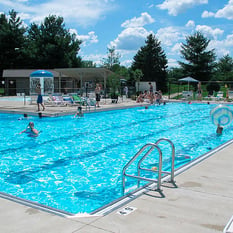
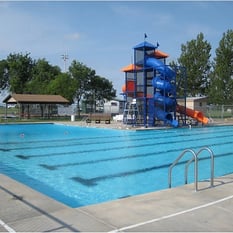
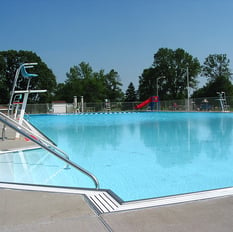

Updated: Nov 16, 2018
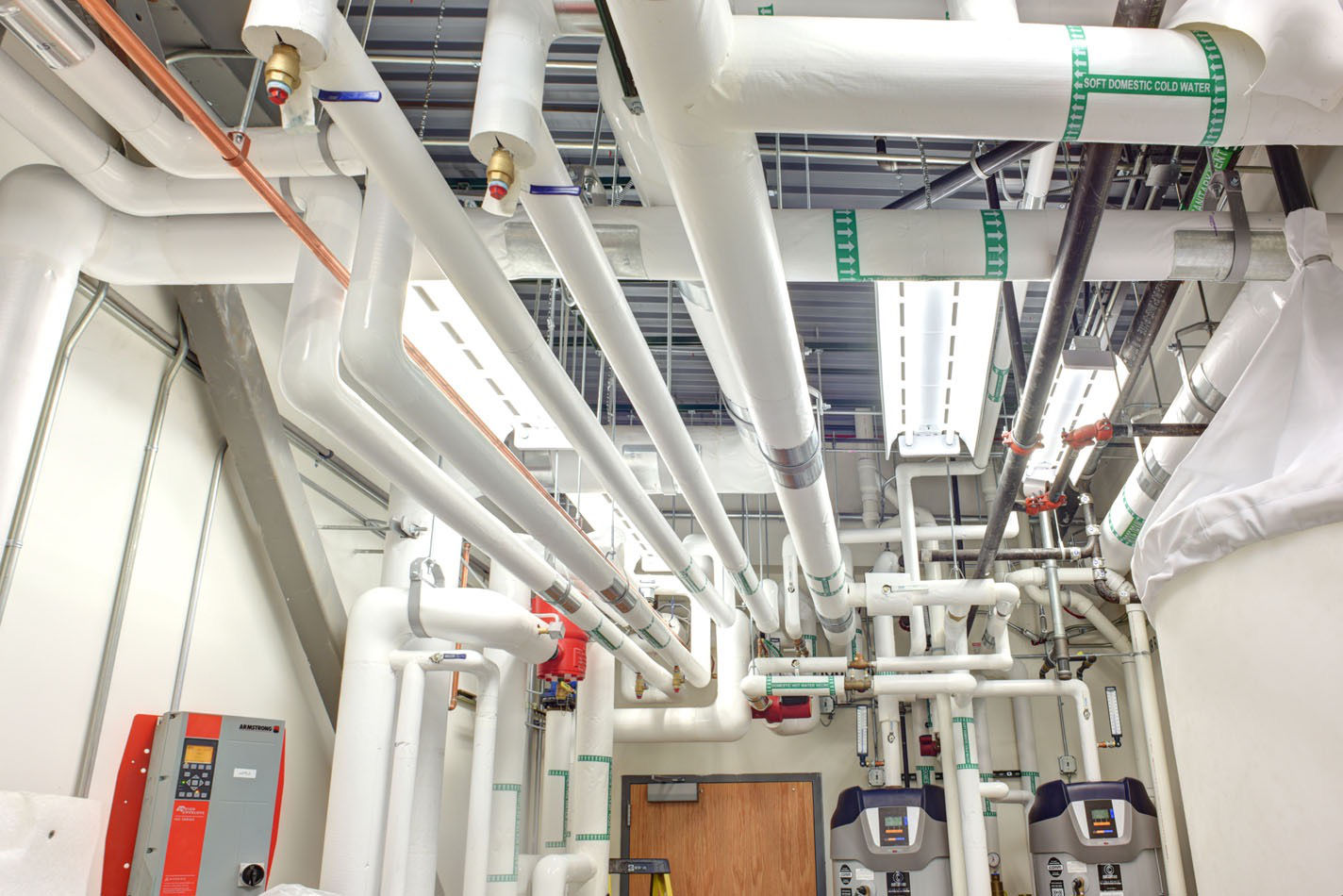
Updated: Nov 16, 2018 Recent Updates to the CMS Mandates on Legionnaires’ Disease On July 6, 2017, CMS (Centers for Medicare & Medicaid Services)...

Legionnaires’ Disease outbreaks in the United States have increased 967% since 2000. More and more people are being sickened by the Legionella...